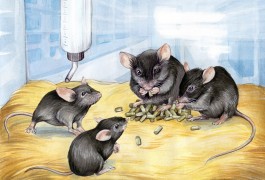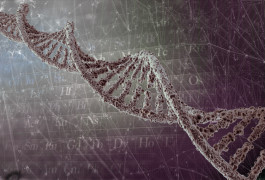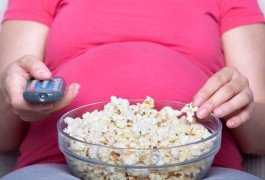Autism may share risk factors with diabetes
Teens and young adults with autism are about three times more likely than those without the condition to have type 2 diabetes.

Teens and young adults with autism are about three times more likely than those without the condition to have type 2 diabetes.

A third strain of mice carrying an autism-linked mutation captures the nuances of this structural mutation in people.

The combination of obesity and diabetes in a pregnant woman substantially increases the likelihood that her child will have autism.

Having polycystic ovary syndrome raises the risk of having a child with autism by nearly 60 percent.

Using a new genetic approach, researchers are finding shared risk factors for seemingly unrelated conditions, ranging from autism to obesity.

Children with autism are more likely to be overweight or obese than their peers, but it’s unclear why, or what doctors should do about it.

Up to 40 percent of children with autism are overweight or obese, but there is no single risk factor and no easy solution to the problems this brings.

Janssen Pharmaceuticals, the leading manufacturer of the widely used autism drug risperidone, omitted data on the drug’s side effects from a 2003 study, according to evidence presented during a lawsuit against the company.

Women who are overweight while pregnant have an increased risk of having a child with autism. But a new study suggests that genetics, not the obesity per se, underlies the association.

Parents deem children with autism who are fussy diners as more severely impaired than those who eat a wide range of foods.